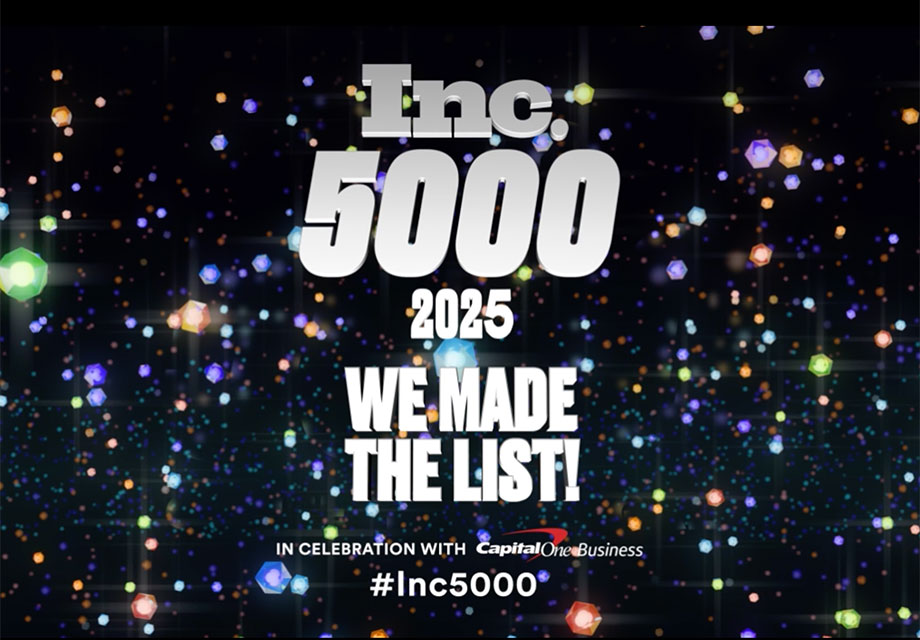PropTech is changing how developers and home builders operate


Developers and home builders are about to experience a data and automation revolution.
Proptech is changing how developers and home builders operate. Not only will proptech change how data is collected and used, it’s going to fundamentally shift what activities are performed, from marketing to operations to strategy.
As the power of data becomes clear, it’s going to force developers and home builders to figure out new behaviors, processes, and culture. Investment decisions will change. Staff numbers and skills will shift. And the way they approach technology and the industry ecosystem will have to adjust. Which means the whole landscape, from decisions to operations to experience, of the industry is about to change.

3 ways PropTech is changing how real estate developers and home builders operate

1. Data
Most industries would kill for access to the customer data home builders and developers take for granted. Number of children, marital status, income, previous residences, size of house. These are the baseline on which powerful predictive models are built.
But you can’t use it if you don’t get it. Too much of this data disappears into silos, is stored but not used, or is simply never really collected at all.
The industry needs to start viewing that data as an asset – just as valuable as the land. Collect it, store it, transform it, and use it. Make decisions based on it – where and how you invest, how you price, and how you target the next wave of customers.

2. Automation
Too much of this industry runs manually. Whether it’s collecting prospect information on a 5×7 notecard and then manually typing in the information (with all the attendant errors) or it’s doing anti-monotony reviews on a giant paper map plastered on a wall, there are thousands of hours being spent doing things that should be automatic.
Aggressively automate these activities. The flip side of the industry being behind means that much of this has already been figured out. CRM platforms like Salesforce can radically simplify and accelerate sales and marketing, and there are many operational platforms (some, like The XO from Cecilian, purpose built for this industry) that are capable of accelerating the day-to-day, so you have more time, money, and attention to focus on the important decisions and relationships.

3. Culture
It’s not just about the tech, or even the process. Fully realizing the benefit of digital is going to require a foundational culture shift in leadership, hiring, and operations.
That means orienting your decisions (and decision making process) around data and analytics. It means training and developing your people. It means being willing to take risks and iterate on solutions that might be difficult or different. And it means viewing your business and technology not as separate entities but as an integrated, co-dependent pair that are far better and more powerful together.






































